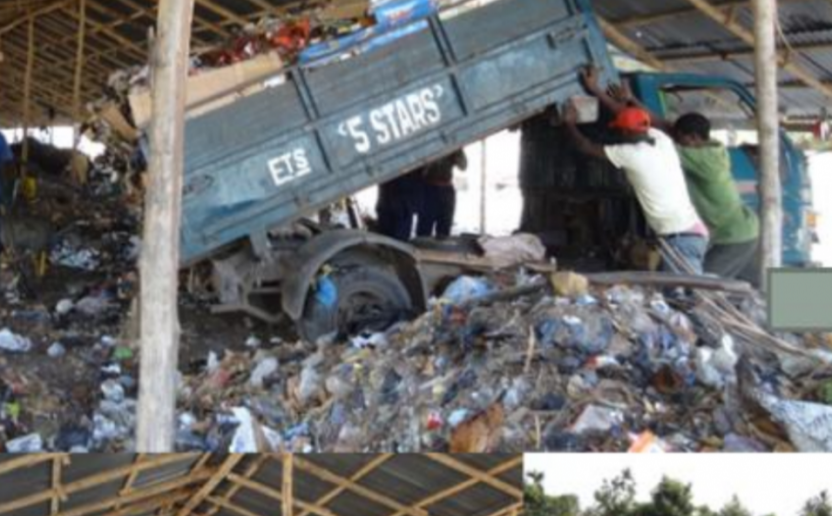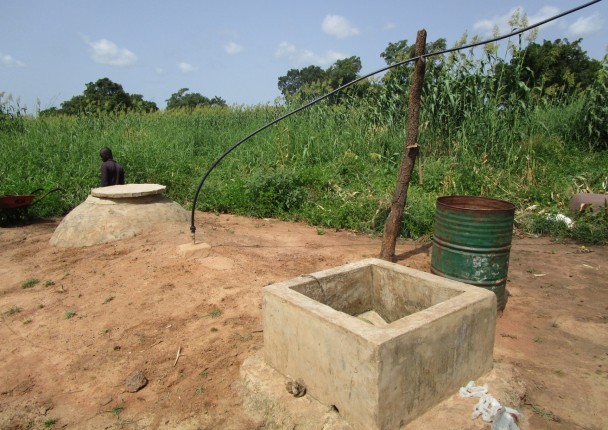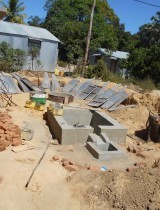BIOGAZ MALI - Providing biogas digesters in southern Mali
Partners
Main goals
National electricity consumption in Mali is based on excessive use of wood and charcoal (more than 80%), followed by petrol (16%) and electricity (3%). In addition, due to demographic pressure and the arrival of famers from drought-stricken zones further north, zones in South Mali are subjected to increased deforestation to provide more arable land. The growth of the population and the rural exodus exacerbate wood consumption in secondary urban centers
Specific objectives
The project aims to reduce greenhouse gas emissions and provide an alternative energy source to firewood and saline batteries (lighting), using biogas production in rural family units in the livestock zones of South Mali
Beneficiaries
The direct project beneficiaries are at least 100 farming families (around 800 people) from two communities in Bougouni and Kita in South Mali. These families have already been partly identified thanks to the current AVSF and ICD projects supporting milk production and access to agricultural equipment. AVSF and its local partner ICD already carried out in-the-field actions for small farmer organizations to develop agricultural products and improve the operations of small farmer units.
Results
R1. Fight against climate change thanks to the use of renewable energy
R2. Less pressure on wood resources, fight against erosion
R3. Improved energy access, time saving for beneficiaries
R4. Less in-home air pollution (respiratory and ocular infections)
R5. Job creation and poverty reduction
Activities
A1. Validate the technical and economic viability of biodigesters and energy production from animal biomass in southern Mali, and to learn from the conditions of adoption of such technology
A2. Create conditions for a broad distribution of these units through the training of local skilled labour and craftspeople, particularly through the provision of bridge funding via carbon financing, in direct collaboration with the Malian state
A3. Families are encouraged to develop the composting of animal dejections to produce an organic enriching agent, which can be used directly in the fields
AFRICOMPOST - Valorising urban organic…



